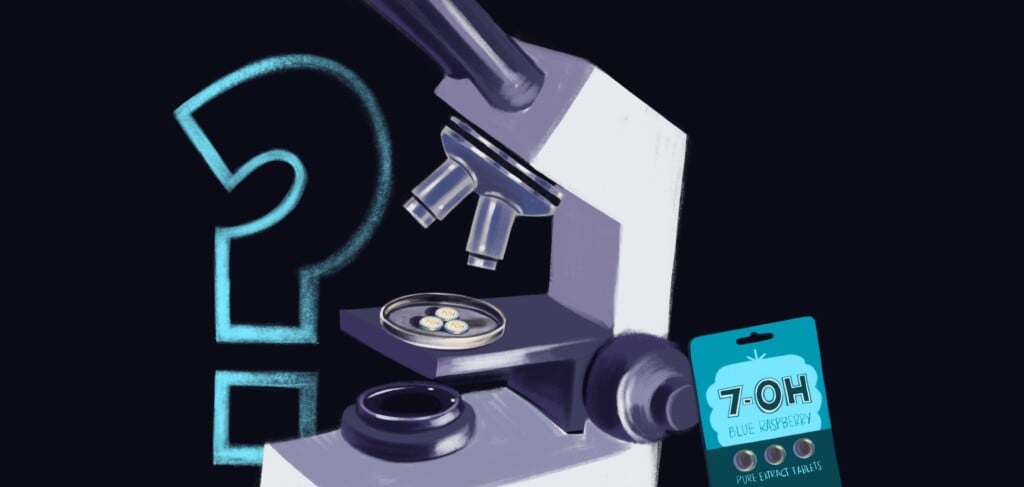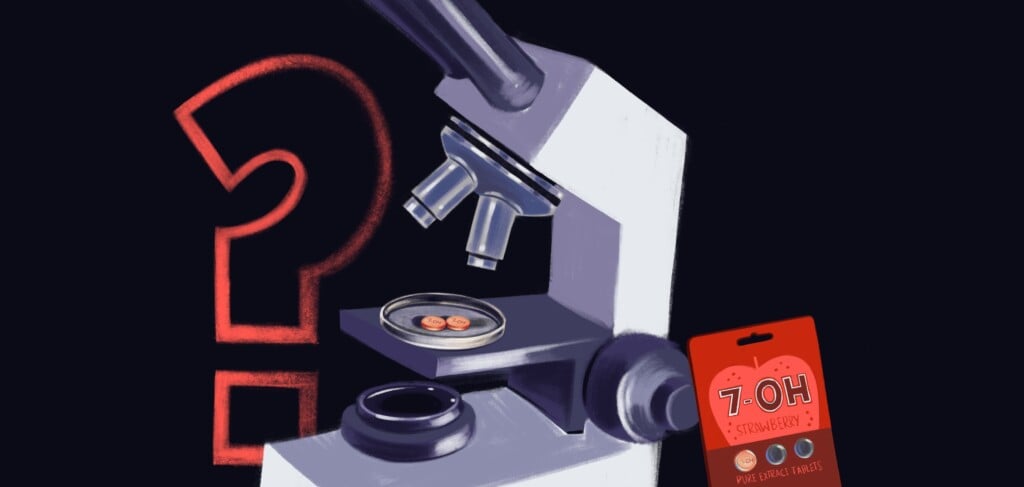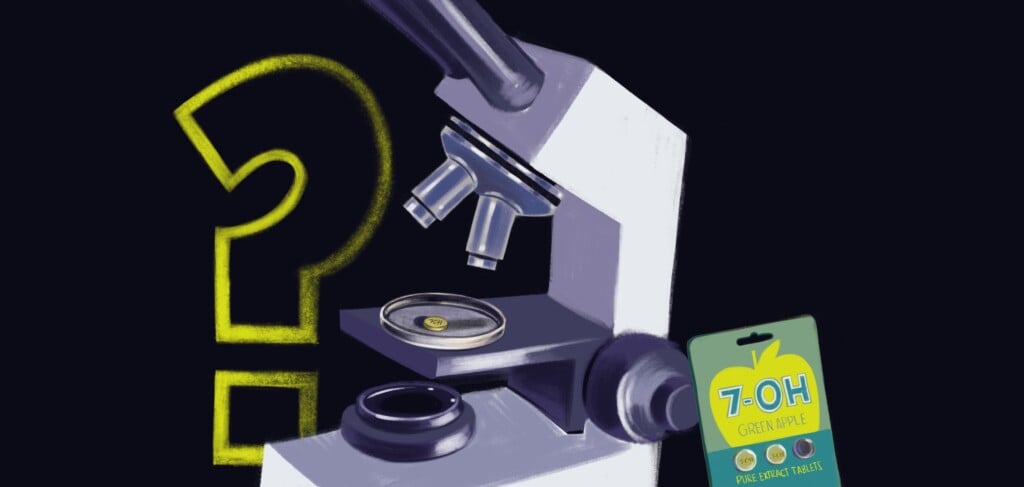Homeward Bound
David Owen said his father bought him a burial plot in his hometown of Cimarron, Kansas, in case a homeless person killed him.
Owen told me that when I interviewed him in February for a Pitch cover story (“The Lonely Guy,” March 9). As Kansas legislators grew obsessed with cracking down on sex offenders during the 2006 session, Owen — convicted of possessing child pornography in 1998 — roamed freely through the halls of the Capitol.
With Coke-bottle glasses and an off-center tie, Owen was clearly an outcast. He had cerebral palsy, which kept him from driving. He carried a Bible and wore a name tag that read, “David Patrick Owen, Homeless Come Home Family Re-Unification.”
In addition to being a registered sex offender, Owen was a registered lobbyist, working on behalf of his one-man organization. His mission: Tell homeless people to go home to their families. My story chronicled his history of bizarre antics. Recognizing that he was mainly a nuisance to legislators, he called himself a bad lobbyist and admitted that he lacked people skills. He was abrasive, aggressive and paranoid. Other lobbyists laughed at him behind his back. Secretaries posted his profile from the Kansas sex-offender registry on bulletin boards. Capitol security watched his every move.
One day in February, Owen led me under railroad bridges near the Kansas River in a desperate search for homeless people. He wanted to prove that his method for ending homelessness worked. It was simple: Ask homeless people, “Where’s your family?” and offer them his cell phone to call home.
Later that day, Owen and I were sitting in my car waiting for a Topeka homeless task force meeting to begin when Owen overheard a man cussing in the alley. Owen yelled at him to stop. This pissed off the man, who came looking for Owen. And Owen kept taunting him. When they finally met, they recognized each other from the streets.
“David, what’s up?” the man said, greeting him with a handshake.
They had met when Owen found the man sleeping on a bench on the Capitol lawn and reported him to Capitol police. The man’s name was Amos.
Owen invited Amos into my car. Amos hopped in, cracked open a beer from the six-pack he was carrying, and flicked ashes from his cigarette all over my back seat.
Owen kept insisting that Amos was homeless. This incensed Amos, although he set aside his anger to dispense some fatherly advice. Amos told Owen to go back to college and get a degree in political science.
“And stop fuckin’ with those folks up under the bridge,” Amos added, “because somebody’s going to kill your ass.”
Owen blew off the warning, sounding like a bratty teenager. But Amos’ prophecy may have come true.
Owen’s body was found July 2 on the north bank of the Kansas River near the old Santa Fe Railroad Bridge. He’d been missing since June 16.
The cause of death has yet to be determined. Topeka police have labeled Owen’s death suspicious, and their investigation is ongoing.
Most people who knew him believe he was murdered by a homeless person.
When I followed him in February, Owen climbed down rock-covered banks near the river.
“Are you homeless?” he’d yell at people.
“No,” they’d yell back.
Owen wasn’t deterred. He’d rather be wrong than not ask, he told me.
He seemed to have a built-up anger toward the people he claimed he was trying to help. Owen said he tore up homeless camps when he found them, explaining that he didn’t want anyone to get comfortable living homeless. He wanted them to go home.
He didn’t hide from the fact that he was a convicted sex offender. However, he feared being called the Fred Phelps of homelessness.
“I’m just so frustrated when I see people underneath the bridge, and I know that if somebody just intervened in their lives a bit and told them what they didn’t want to hear, then they could be home so much quicker,” he told me. “I want their lives to be better, not worse. It’s all out of Christian love that I do it.”
But his brand of love was rarely met with open arms.
Barry Feaker of the Topeka Rescue Mission told me that he and his staff had spent a lot of time talking angry homeless people out of hurting Owen. Feaker had banned Owen from the mission because of the way he treated people.
On a hill near some railroad tracks, Owen estimated that he’d been beaten up three or four times. His glasses were busted and his face bloodied, but it didn’t stop him. When Owen found remnants of a homeless camp (a floral-print mattress, a fishing pole, a milk crate), he snapped the fishing pole over his knee and tossed it in a dumpster.
Owen turned 38 in May. Many people told me that he was trying hard to do the right thing, but Owen still had a knack for rubbing people the wrong way. For instance, when the Kansas Board of Education voted last November to insert criticisms of evolution into the public-school science standards, Owen annoyed reporters by mumbling “amen” and talking loudly to himself.
Owen borrowed my packet outlining the curriculum changes.
“I don’t see God in this,” Owen blurted out.
Reporters tried to shush him.
“No way am I going to shh, shh about God,” Owen lashed out.
When a TV reporter warned Owen to “shut up,” Owen taunted him like a schoolyard brat, “Or what? Or what?”
We headlined our story “The Lonely Guy,” and Owen didn’t like the label. Owen’s pastor, the Rev. Tommy Scott of Community Church, told me that he and Owen went fishing days before he disappeared. And a Topeka-based anti-violence group held a Saturday-evening memorial service to remember him.
Maybe he wasn’t so lonely after all.




